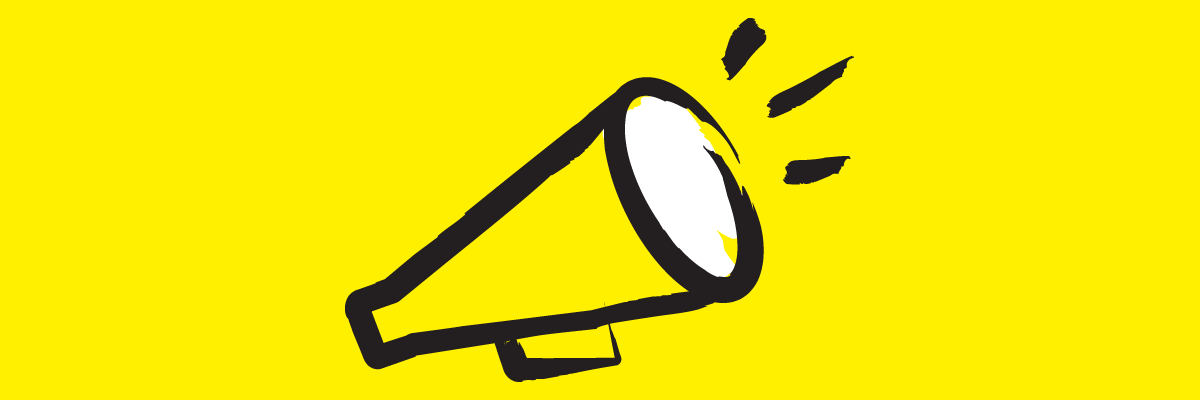A statement from CNIB for International Day of Persons with Disabilities
For more than 100 years, CNIB has been changing what it is to be blind through innovative programs and powerful advocacy that enable Canadians impacted by blindness to live the lives they choose.
While the world has changed dramatically since our founding in 1918, people with sight loss continue to face significant barriers every single day – from navigating the educational system to pursuing employment opportunities to fully participating in their communities. People who are blind, partially sighted, or Deafblind continue to carry the advocacy burden on their shoulders, having to constantly speak out and educate the sighted world on their right to experience life free from accessibility barriers and discrimination.
It shouldn’t be that way.
It’s time to demand more. We all have a role to play in confronting ignorance, calling out discrimination, challenging stigmas, advocating for change, and educating ourselves and others. Everyone should be an ally.
The Convention on the Rights of Persons with Disabilities (CRPD) recognizes that the existence of barriers constitutes a central component of disability. Under the Convention, disability is an evolving concept that “results from the interaction between persons with impairments and attitudinal and environmental barriers that hinder their full and effective participation in society on an equal basis with others.”
Evidence and experience show that when barriers to inclusion are removed and persons with disabilities are empowered to participate fully in societal life, their entire community benefits. Barriers faced by persons with disabilities are, therefore, a detriment to society as a whole, and accessibility is necessary to achieve progress and development for all.
Today, ahead of International Day of Persons with Disabilities (December 3), you can start taking action by understanding the rights of people with sight loss, the laws that protect them, and what to do if someone’s rights have been violated.
Through the creation of plain language legal information resources, CNIB’s Know Your Rights project aims to empower people who are blind, partially sighted, or Deafblind to better understand their rights, navigate provincial legal systems and self-advocate to challenge discrimination. Initially piloted in Ontario, Know Your Rights resources are now available in Manitoba, New Brunswick, Newfoundland and Labrador, Quebec, Prince Edward Island, and Saskatchewan. Visit cnib.ca/KnowYourRights to learn more.
A century of experience has taught us that turning our bold dreams into reality takes a community. To create a truly inclusive world where people with sight loss have unlimited opportunities, we invite you to raise your voice and break down barriers once and for all. By learning about the issues facing people who are blind, partially sighted, or Deafblind, you can help make tangible change in your community.
Thank you for working with us to change what it is to be blind.
John M. Rafferty
President and CEO, CNIB
Robert Fenton
Board Chair, CNIB
Mahadeo Sukhai
Chief Accessibility Officer, CNIB
About International Day of Persons with Disabilities
The annual observance of the International Day of Persons with Disabilities (IDPD) on 3 December was proclaimed in 1992 by the United Nations General Assembly resolution 47/3. The observance of the day aims to promote an understanding of disability issues and mobilize support for the dignity, rights and well-being of persons with disabilities. For more information, visit the UN’s website.
About CNIB
Founded in 1918, CNIB is a non-profit organization driven to change what it is to be blind today. We deliver innovative programs and powerful advocacy that empower people impacted by blindness to live their dreams and tear down barriers to inclusion. Our work as a blind foundation is powered by a network of volunteers, donors and partners from coast to coast to coast. To learn more or get involved, visit cnib.ca.
